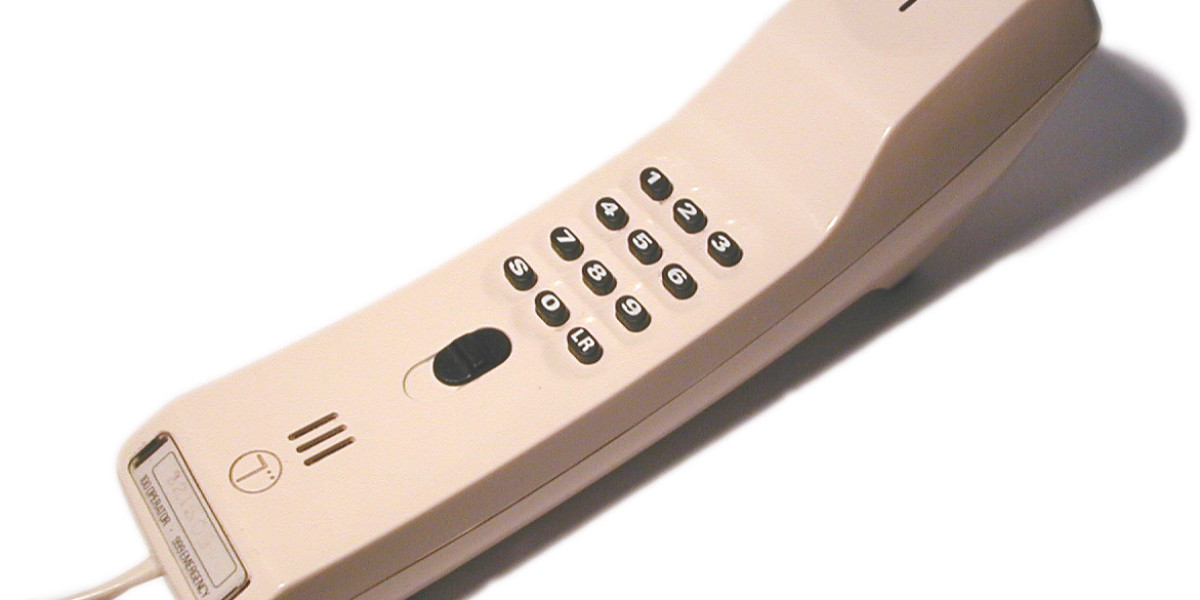BPC-157 and KPV are two peptides that have attracted significant interest in the field of regenerative medicine, particularly for their potential roles in healing inflammatory conditions such as ulcerative colitis. While BPC-157 has long been studied for its gastrointestinal protective effects, recent research suggests that KPV may complement or enhance these benefits by modulating inflammation and promoting tissue repair. Together, they form what many researchers refer to as the Dynamic Duo, offering a multi-faceted approach to tackling the complex pathophysiology of ulcerative colitis.
The Dynamic Duo: Harnessing the Power of KPV and BPC to Combat Ulcerative Colitis
A comprehensive understanding of ulcerative colitis reveals that the disease is driven by an overactive immune response, chronic inflammation, oxidative stress, and damage to the intestinal mucosal barrier. Traditional treatments such as corticosteroids, immunomodulators, and biologics target these pathways but often come with significant side effects or limited efficacy in refractory cases. BPC-157, a pentadecapeptide derived from gastric juice, has demonstrated remarkable anti-inflammatory, angiogenic, and epithelial repair properties across numerous animal models of colitis. Its mechanisms include upregulation of growth factors such as vascular endothelial growth factor, modulation of cytokine profiles to favor anti-inflammatory Th2 responses, and direct promotion of mucosal healing through enhanced cell proliferation.
KPV, a tripeptide composed of lysine, proline, and valine, acts primarily as an antagonist to the chemokine receptor CXCR1/2. By blocking neutrophil recruitment and activation, KPV reduces the influx of inflammatory cells that contribute to tissue damage in ulcerative colitis. In addition, KPV has been shown to dampen oxidative stress pathways and preserve tight junction integrity in epithelial monolayers. When used together with BPC-157, these peptides can synergistically reduce inflammation, accelerate mucosal regeneration, and restore barrier function more rapidly than either agent alone.
Preclinical studies have illustrated that the combination of BPC-157 and KPV leads to a greater reduction in colon length shortening, https://gpsites.stream/ histological ulceration scores, and pro-inflammatory cytokine levels compared with monotherapy. Importantly, these benefits were achieved without significant adverse effects on liver or kidney function, suggesting a favorable safety profile for long-term use. The therapeutic potential of this duo extends beyond colitis; early investigations into other inflammatory bowel diseases such as Crohn’s disease have yielded promising results.
Clinical Translation and Future Directions
Translating preclinical findings into human trials requires careful consideration of dosing regimens, routes of administration, and patient selection criteria. Current evidence supports intramuscular or subcutaneous delivery for BPC-157, while KPV can be administered orally or via injection depending on the desired pharmacokinetic profile. The timing of administration relative to disease flare-ups may also influence outcomes; initiating therapy during early stages of inflammation could prevent progression to severe ulcerative colitis.
Ongoing clinical studies aim to evaluate not only efficacy but also biomarkers that predict responsiveness to peptide therapy. Potential markers include baseline fecal calprotectin levels, genetic polymorphisms in inflammatory cytokine genes, and gut microbiota composition. Understanding these predictors will allow clinicians to tailor treatment plans, optimizing the therapeutic benefits of BPC-157 and KPV for each patient.
Related Posts
- BPC-157: A New Frontier in Gastrointestinal Healing
- KPV as an Anti-Inflammatory Agent: Beyond Ulcerative Colitis
- Integrating Peptide Therapy into Conventional IBD Management
- Safety Profile of Long-Term Peptide Use in Humans
- The Role of Gut Microbiota in Modulating Peptide Efficacy
These related posts provide a broader context for understanding how peptide therapy fits into the evolving landscape of inflammatory bowel disease management, offering readers additional resources to deepen their knowledge about this promising area of research.







